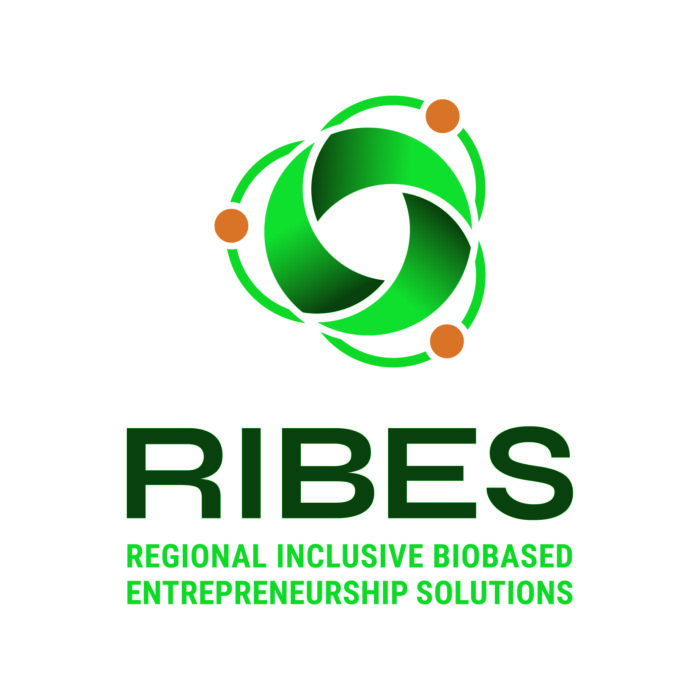RIBES seeks to transition ten European regions from outdated, linear economic approaches to dynamic, circular economic models that foster social inclusion. To do so, RIBES will empower the collaboration between rural community actors, universities, governments and businesses to co-create inclusive and sustainable regional government and bio-based business models that will accelerate growth.
Specifically, these models will utilise the innovation of digital solutions to connect and inform stakeholders while facilitating value chain development and market access for bio-based products and services. By leveraging the synergies between the stakeholders and the bio-based ecosystem, RIBES aims to deliver innovative governance models that support social entrepreneurship in deploying a circular bioeconomy that promotes sustainable rural development and creates inclusive job opportunities.
Why is it important?
A sustainable and inclusive bioeconomy is vital for addressing global environmental challenges and fostering green jobs within the EU and its Neighbourhood Countries. Despite its promising potential and significant R&D investments, progress in the bioeconomy sector has been slow, particularly in rural and peri-urban areas. Several barriers contribute to this slow progress, including:

